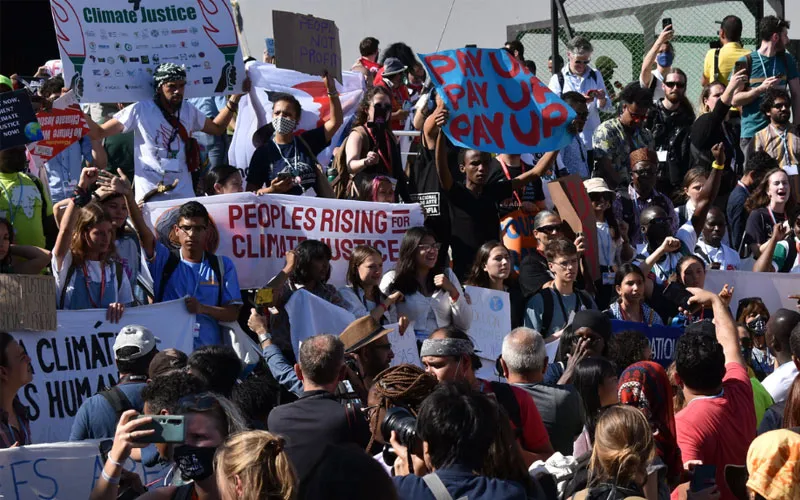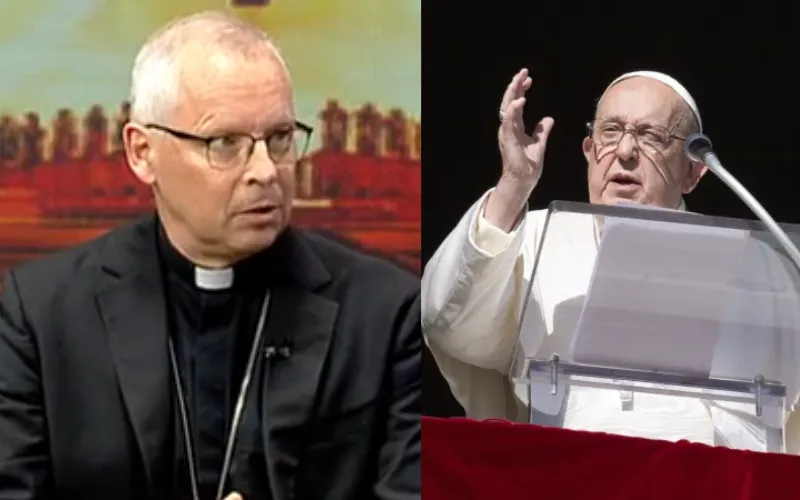Cairo, 25 November, 2022 / 9:20 pm (ACI Africa).
Members of the International Cooperation for Development Solidarity (CIDSE) have lauded the decision of the 27th Conference of Parties Climate Conference (COP27) to create the Loss and Damage Fund, a kitty intended to support developing countries that are facing the devastating impacts of climate change.
In their report published November 20, the international alliance of Catholic development agencies in Europe and North America noted that the Loss and Damage Fund acknowledges the unfair share of “poor” countries in the effects of climate change.
They say that though not much has been done as a show of commitment to mitigate climate change effects, this year's COP was different.
“It has been 30 years since the United Nations Framework Convention on Climate Change and almost a decade since the Paris agreement was adopted but parties have still not fulfilled their commitments required to avoid continued dangerous climate change effects. Some progress was however achieved at this COP: after 30 years in the making, this year’s decision to create the Loss and Damage Fund is a real breakthrough,” members of CIDSE say in their report.
They add, “This is a very important first step in recognising historically unfair differences between those who have caused the climate crisis and those who have been paying for it.”








